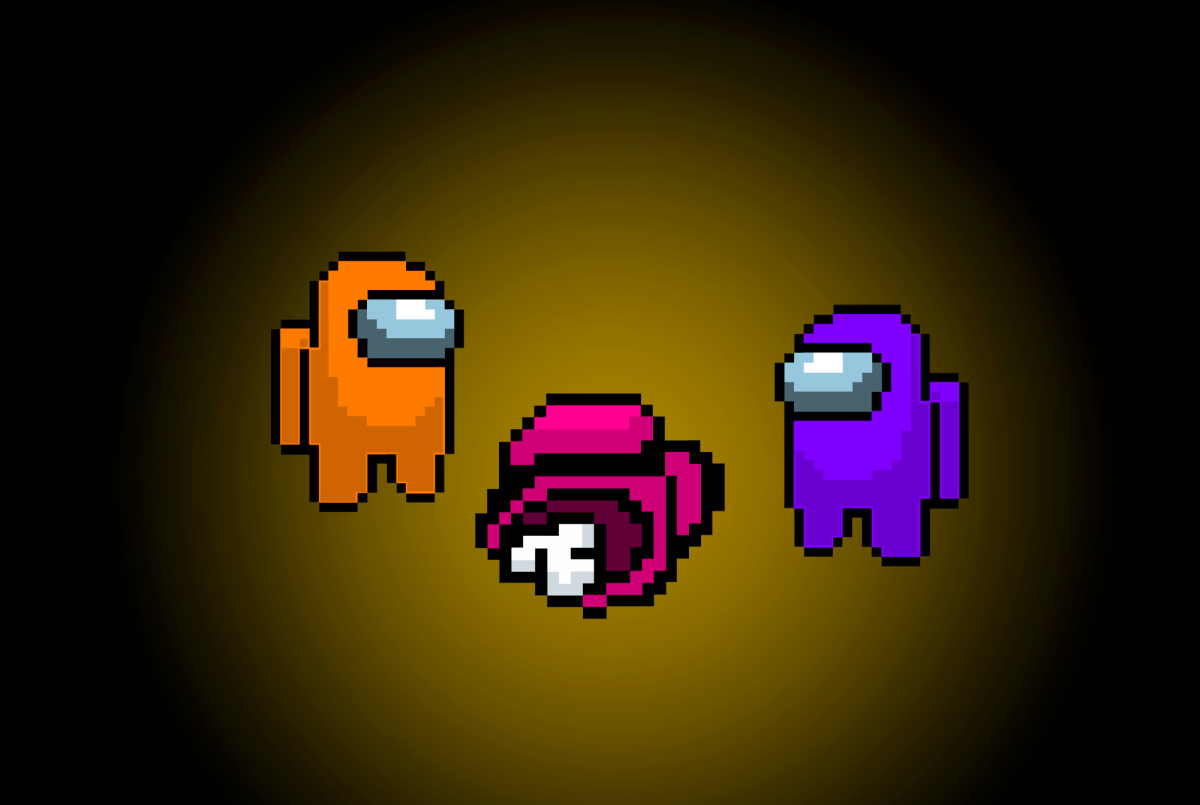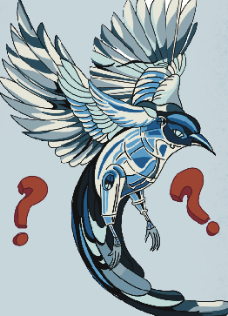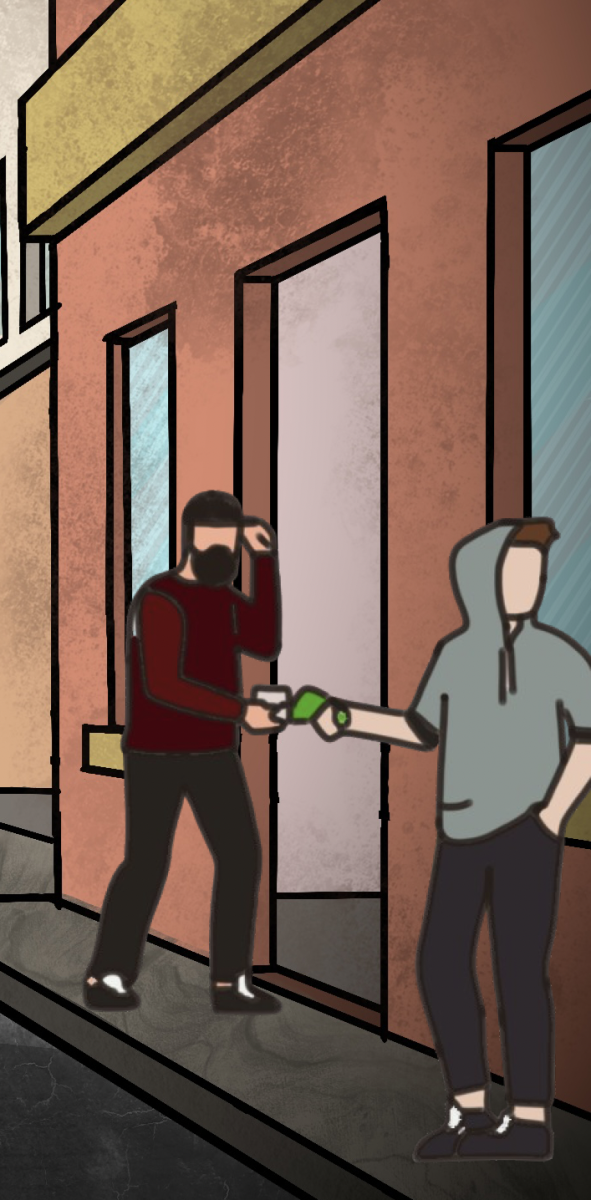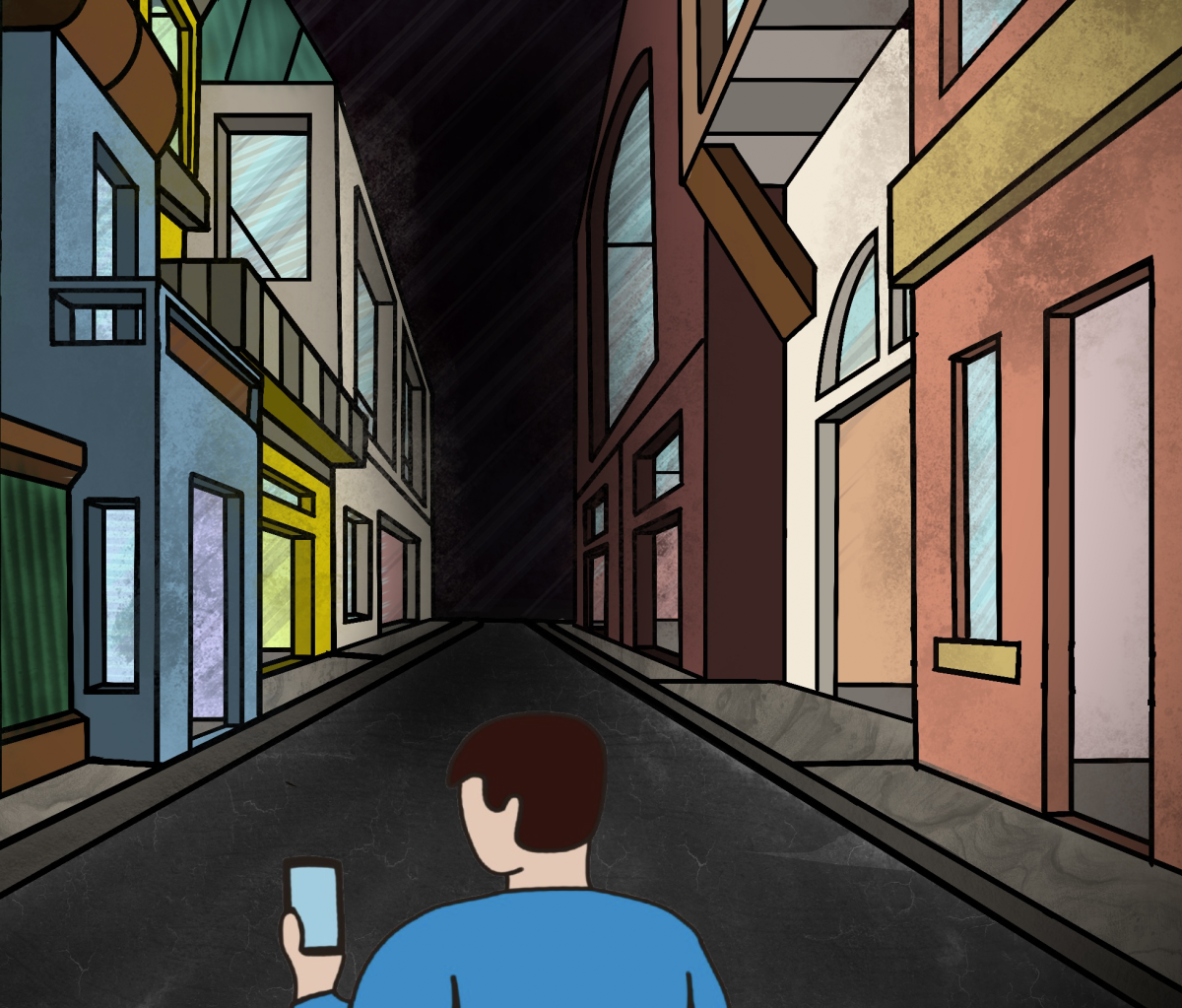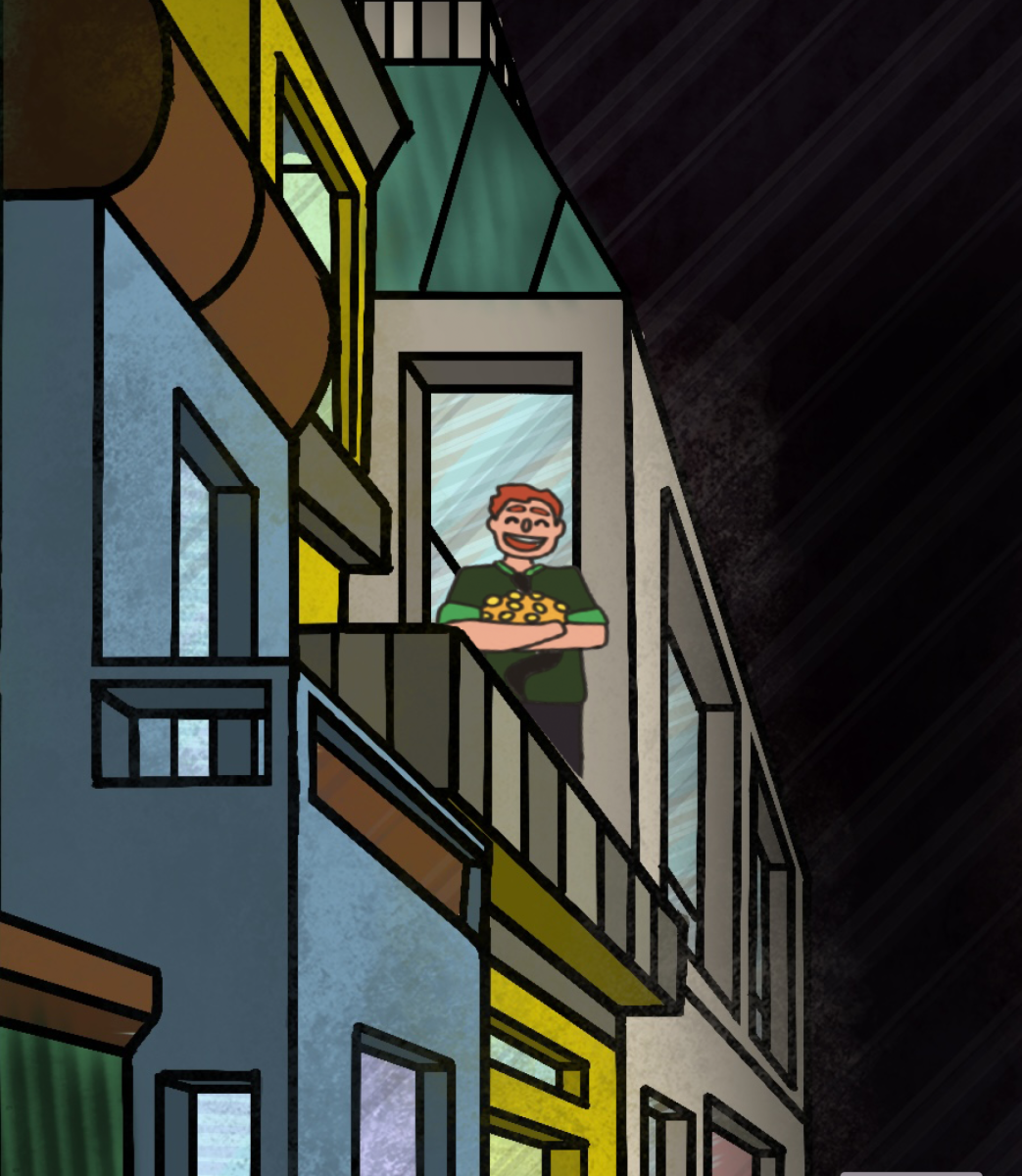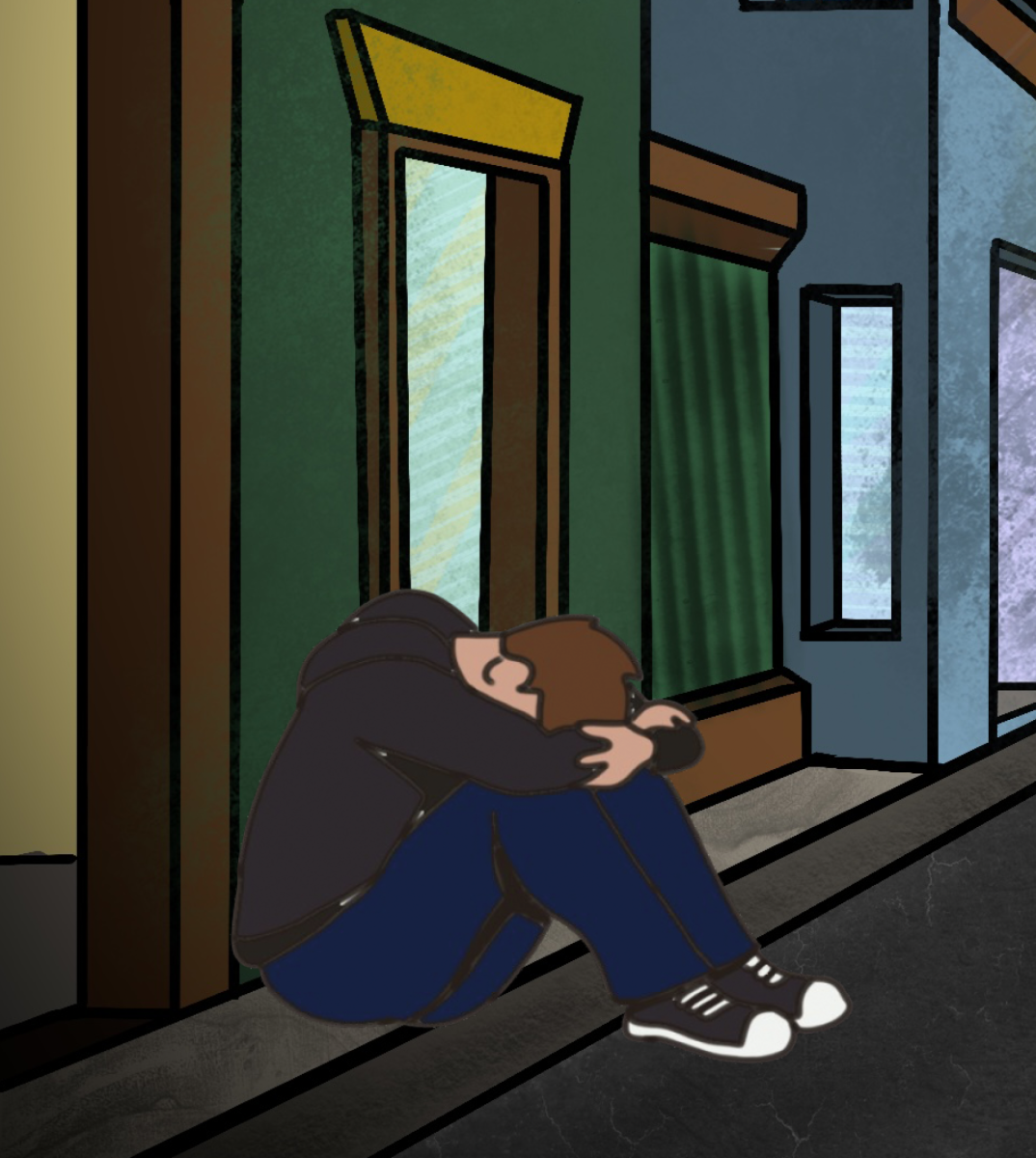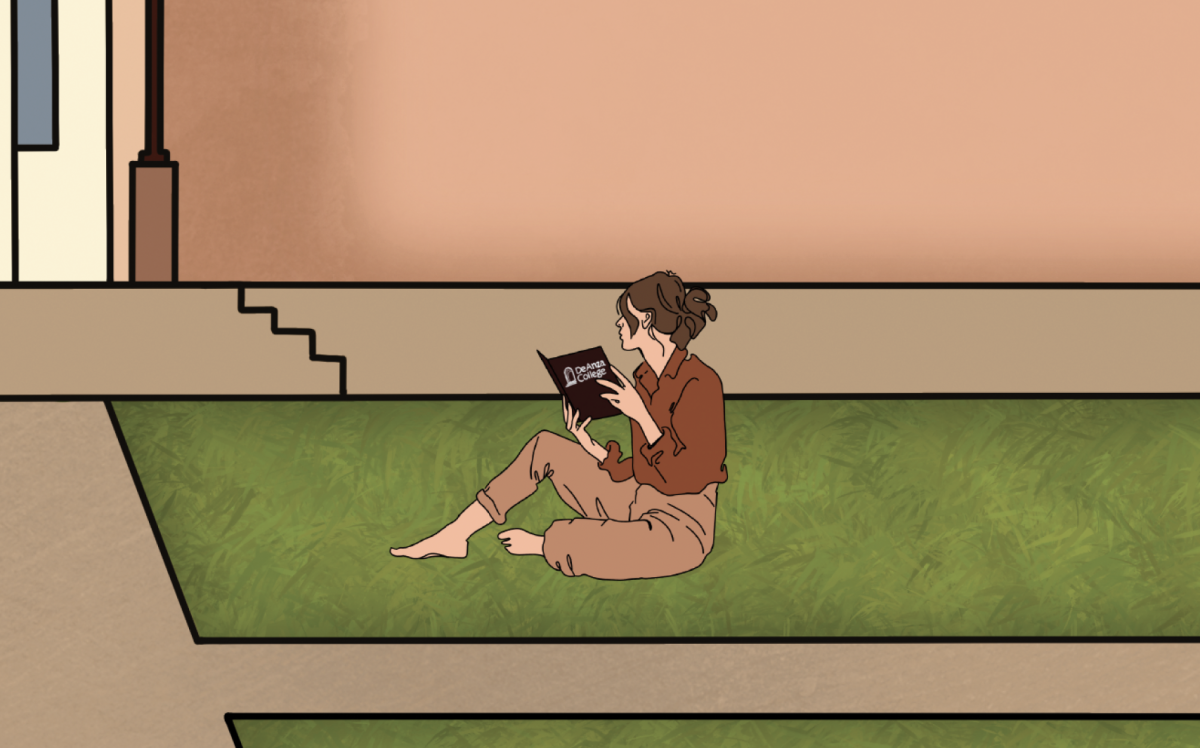“Among Us” is a game franchise created by game development studio Innersloth. It features a group of players who are assigned between two groups; crewmates, a group of astronauts meant to complete tasks across a game map to finish the game and an imposter, a player meant to sabotage and hunt down crewmates. A simple premise, however, the game has skyrocketed into popular culture and has stayed there for years.
Originally released as a mobile-only game in June 2018, “Among Us” reached immense popularity during the pandemic. Once teetering on failure the game, is now a cultural touchstone of the early 2020s. The pandemic had formed the perfect conditions to lift this game franchise in historical significance. In this perfect storm, “Among Us” was a multiplayer game that was not competitive but rather more social. A clear designated goal was to survive the match and win as the crewmates were threatened by a hidden perpetrator. This role of imposter changes the game from a few collections of minigames into a social expression of paranoia. To win, the imposter usually must kill their way through the list of crewmates. However, each body can be reported and a player meeting to discuss is called.
These meetings are the fundamental core of the “Among Us” gameplay loop, where one must prove their innocence or prove another’s guilt lest they be voted out and sent out of the airlock. It is not a competition of skill, but rather the delicate balance of charisma, deduction and paranoia, as each person struggles to stay alive or to get away with their crimes. This is, in comparison to games of its status, where skill and quick reflexes turn into a squawking competition once you are beaten and another’s dominance is proven. People can make passionate defense of another’s character, others recount every step they took and some can stir up a mob amongst the crewmates to drive out any suspected enemies, even if they are not an imposter. This unique gameplay means that each game is different as the social conditions for each round are different or warped. Attracting all ages, each player has an equal hand in winning or losing the game.
The exposure of young children and adults to such media also created a range of new cultural impacts, such as the popularity of vocabulary like “sus” or “self-report” in common day internet lingo. However, the impact of having a social outlet during the pandemic was important to many who felt isolated.
Eduardo Chavez, a junior at FHS, said that Among Us had functioned as his main source of communication with others outside of his family.
“I used to talk to people as they played. So, I played it and I was like, oh, that’s where I talk to them the most,” Chavez said.
Ultimately, “Among Us” is a game that will be remembered fondly by most. Its uniqueness will remain a hallmark in the era of the early 2020s.


